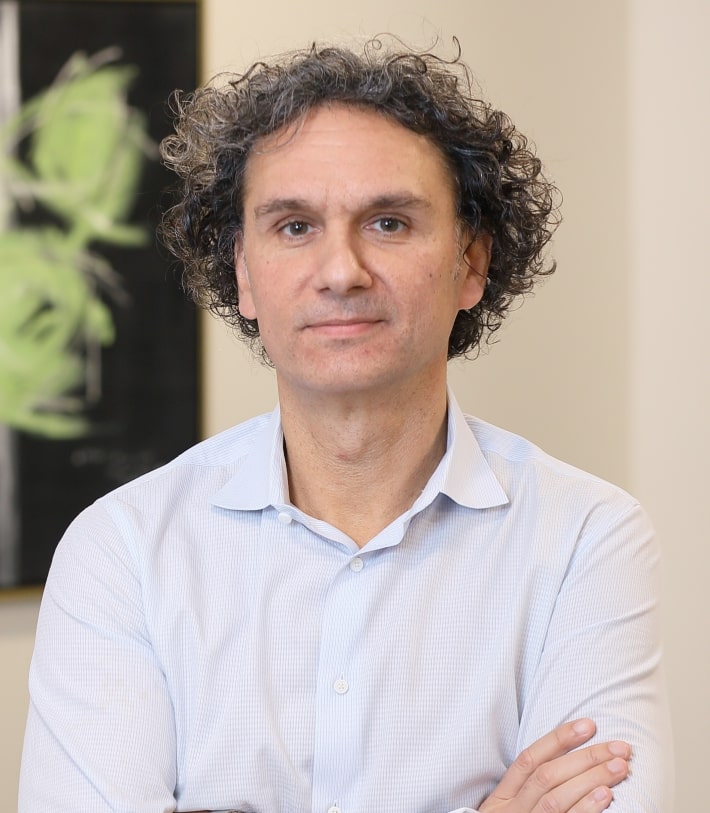Abstract:
The genome is a major physical and functional entity in every cell and is complexly organized in space and time. Patterns of non‐randomness in genome architecture are now recognized as ubiquitous and disruption of spatial genome organization is associated with wide‐spread pathology including in cancer and aging. High‐throughput imaging approaches are emerging as powerful tools to probe the cell biological properties of genomes and to link genome architecture to function at a single‐cell level. These methods are based on the development of high‐capacity, high‐precision automated microscopes which allow acquisition of large imaging datasets and the implementation of computational image analysis and machine learning‐based data mining methods to quantitatively capture morphological phenotypes. High‐throughput imaging enables new experimental strategies for the study of the genome including visualization and analysis of rare events, examination of variability and stochasticity amongst individual cells, large‐scale screens to identify molecular mechanisms of genome organization and function in an unbiased fashion, and they allow mapping of the genome in 3D space. Results from these approaches and the recent convergence of genetic, biochemical and cell biological observations lead to a unifying model for the genesis of higher order genome architecture, in which the structural features of the genome are emergent properties in a self‐ organizing system.
Bio:
Tom Misteli is an NIH Distinguished Investigator and the Director of the Center for Cancer Research at the National Cancer Institute, NIH, overseeing the basic and clinical activities of more than 250 NCI Principal Investigators. He is an internationally renowned cell biologist who pioneered the use of imaging approaches to study the 3D organization of genomes and gene expression in living cells. His laboratory's interest is to uncover the fundamental principles of genome architecture and function and to apply this knowledge to the development of novel diagnostic and therapeutic strategies for cancer and aging. He obtained his PHD from the University of London, UK and performed post-doctoral training at the Cold Spring Harbor Laboratory. For his work he has received numerous awards including the Mendel Medal, the Herman Beerman Award, the Wilhelm Bernhard Medal, the Gold Medal of the Charles University, the Flemming Award, the Gian-Tondury Prize, the NIH Director's Award. He is an elected Fellow of the American Society for Cell Biology. He acts as an advisor for numerous national and international agencies and serves on several editorial boards including Cell, Science and PLoS Biology. He is the Editor-in-Chief of Current Opinion in Cell Biology.


